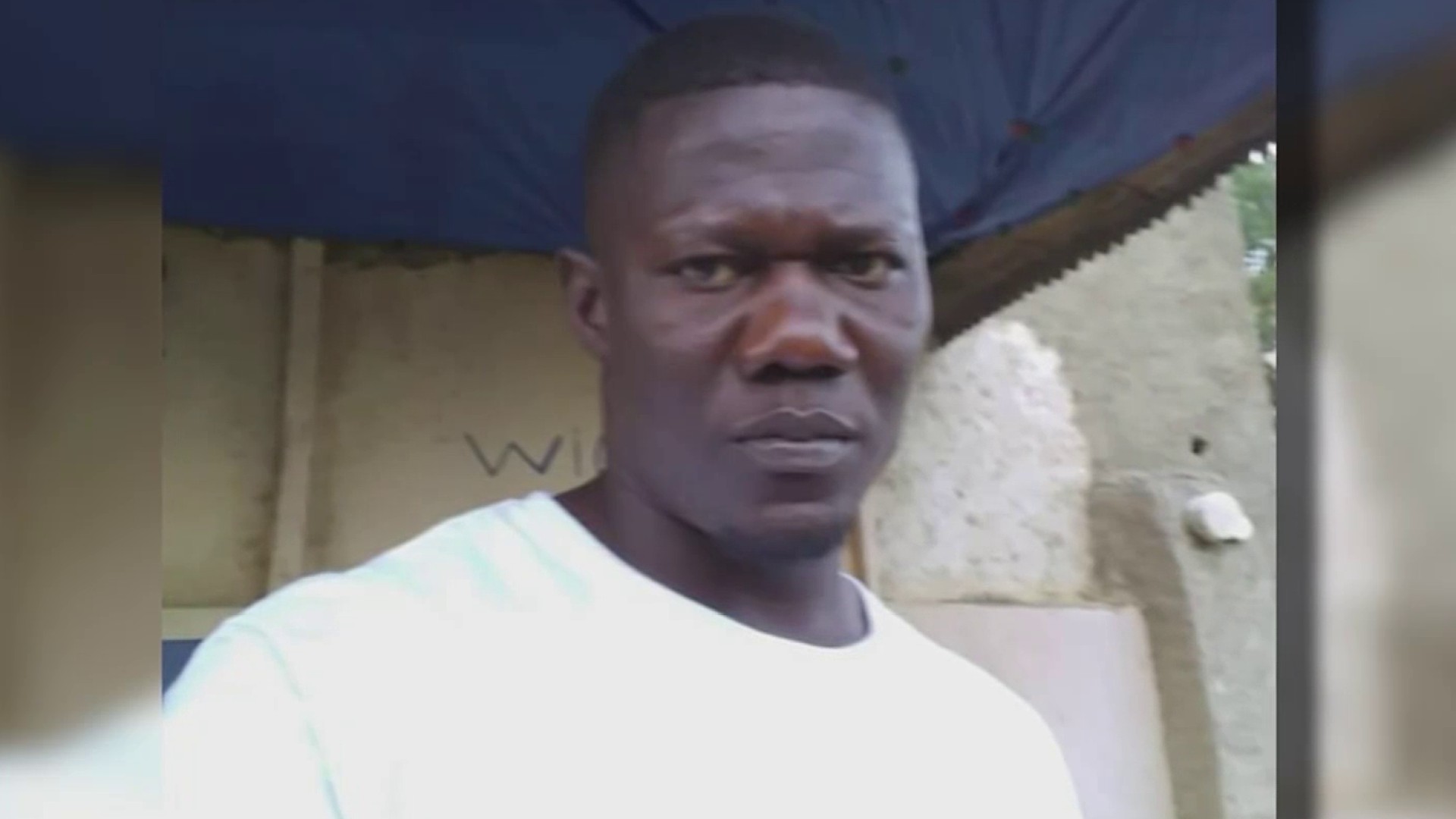As Congressman Lincoln Diaz-Balart exits the South Florida political stage, he enters a world of opportunity with an issue very close to his very soul: Cuba.
The long-time champion of all things Cuba could become the head honcho, or "the man to see in Miami." Since the 1997 death of Jorge Mas Canosa, the Cuban exile community has been without a powerful leader.
Exile groups have come and gone, some’s leadership has faded, and none gaining, or perhaps wanting to gain, the prominence of Mas Canosa. Even Mas Canosa's once powerful Cuban-American National Foundation split into warring factions and is currently a faint shadow of what it used to be.
Diaz-Balart has mentioned that he will return to practicing law and he will operate a non-profit foundation dedicated to the Cuba issue following his father Rafael’s footsteps.
The elder Diaz-Balart founded and headed an organization called “The White Rose.” The group's mission was to foster Cuban democracy.
Whatever his future may be, Lincoln Diaz-Balart will likely be sucked into the power void that exists in the exile community. That provides the Cuban-born veteran politician a guaranteed place at the table of public opinion as Cuban U.S. Policy is shaped during the waning days of the Castro Regime.
Free of the yoke of fundraising and running for office every two years, Diaz-Balart no longer has to please a constituency, many of whom remain hardliners on issues such as the embargo, American travel to Cuba, and the evolving relations and trade issues with the island nation.
Local
The question is, how will Diaz-Balart, if he chooses to, serve as the shepherd of the best interests of Cubans in South Florida?
He has been steadfast throughout his career: No deals with Cuba or the Castros, no dropping the embargo, no American tourist travel until the Castro regime allows free elections, releases all political prisoners, and allows free press.
Diaz-Balart made sure the embargo would not go away easily. He was instrumental in putting the embargo into law. No President could wipe it out with the stroke of a pen. It would, thanks to the congressman, take the vote of both houses of congress to wipe it off the books. He has been hardline.
But now what? The exile community is changing as the "Historicos" -- those who fled the Island for freedom in South Florida -- are aging and passing on.
The reality is, like it or not, the travel issue will likely be resolved in favor of those who want that freedom. The current Democratic administration is slowly picking away at the embargo and the possibility is that the embargo will continue to exist, but will be so full of holes that it will eventually becomes meaningless.
A growing number of Cuban Americans want change even though they grapple with what to do or say about the embargo. Younger Cubans who have come to the U.S. have no qualms about traveling back and forth to the island. For them the embargo is no issue at all. Some of the major players in the local economy who happened to be Cuban American are posturing and quietly preparing to do business on the island.
The real danger for South Florida Cubans is that the issue so dear to them is being decided for them without much of their input. Forces in Washington, in both houses of Congress, want changes in what is viewed as a 50-year-old policy failure with Cuba.
The question is, will “Citizen” Diaz-Balart's greatest challenge be to keep the once powerful Cuban voting bloc in the decision making process? Will the local Cubans and Diaz-Balart be able to play "give and take" or will Diaz-Balart remain rock solid on a hard as nails policy on Cuba?
Hank Tester has been covering news and politics in South Florida since 1992.



